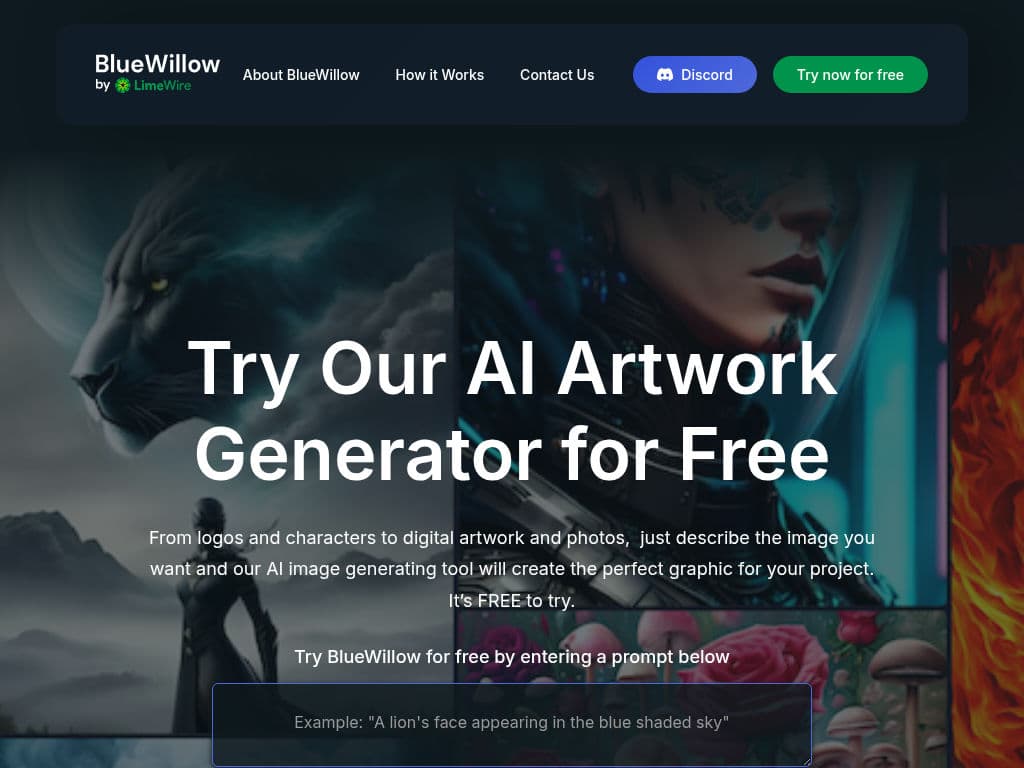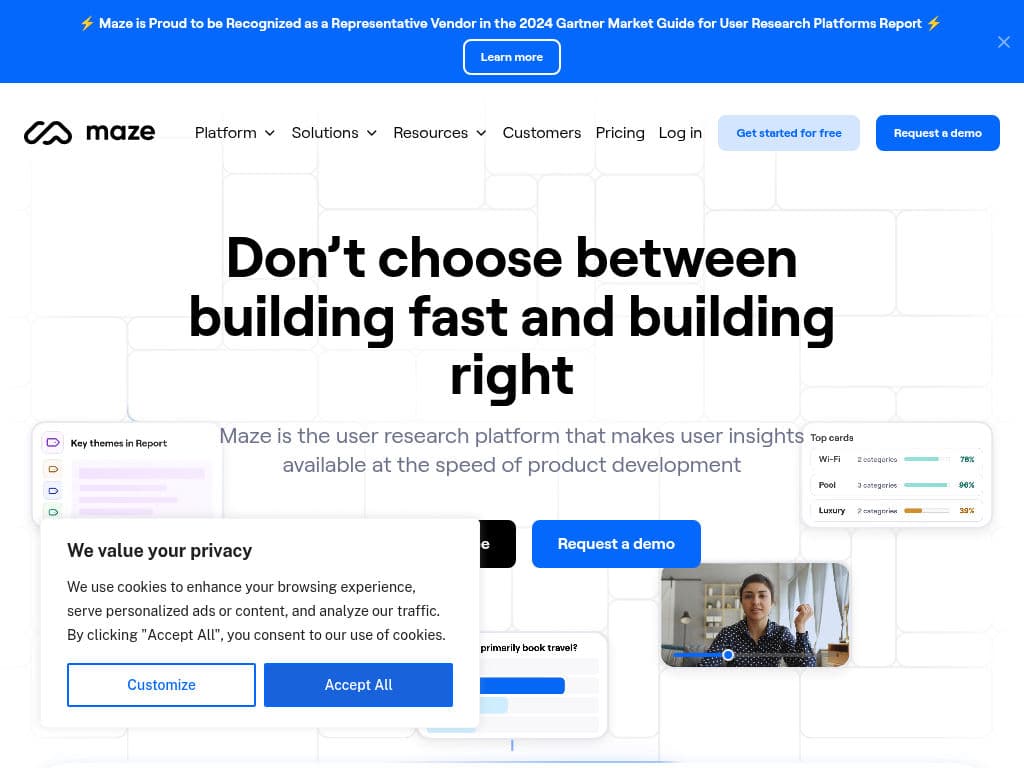About Automatic 1111
Automatic 1111 Overview
Automatic 1111, also known as Stable Diffusion web UI, is a user-friendly web interface designed for the Stable Diffusion model. It leverages the Gradio library, making it accessible for users looking to generate images from text prompts or modify existing images. This tool is ideal for artists, designers, and AI enthusiasts who wish to explore image generation capabilities with minimal setup.
Automatic 1111 Highlights
- Supports original txt2img and img2img modes for versatile image generation and editing.
- Features a one-click installation script to simplify the setup process (Python and Git prerequisites apply).
- Offers advanced functionalities such as Outpainting and Inpainting for creative image manipulation.
- Includes attention features to allow users to specify which parts of the text the model should focus on.
FAQ
Q: What are the main use cases for Automatic 1111?
A: The main use cases include generating images from descriptive text, modifying existing images, and experimenting with creative concepts through various image manipulation techniques.
Q: How much does Automatic 1111 cost?
A: Automatic 1111 is open-source and free to use under the AGPL-3.0 license, meaning there are no costs associated with its use.
Q: What technical requirements or prerequisites are needed to use Automatic 1111?
A: Users need to have Python and Git installed on their systems to utilize the one-click installation script effectively.
Q: How does Automatic 1111 compare to similar tools?
A: Automatic 1111 stands out due to its intuitive web interface, extensive feature set for image generation and manipulation, and ease of use, making it accessible for both beginners and experienced users in the AI art community.
Q: What are the limitations or potential drawbacks of Automatic 1111?
A: No specific limitations were mentioned in the source, but users may encounter common challenges associated with web-based interfaces and the need to understand the underlying AI model for optimal results.
More Generative Art Tools
BlueWillow
 #1230
#1230BlueWillow Overview BlueWillow is an AI-powered artwork generator that transforms user prompts into stunning graphics, including logos, characters, an...
Midjourney
 #615
#615Midjourney Overview Midjourney is an advanced AI-powered tool designed for generating high-quality images from textual descriptions. Aimed primarily a...
Maze
 #507
#507Maze Overview Maze is a user research platform designed to accelerate the collection and analysis of user insights throughout the product development ...
